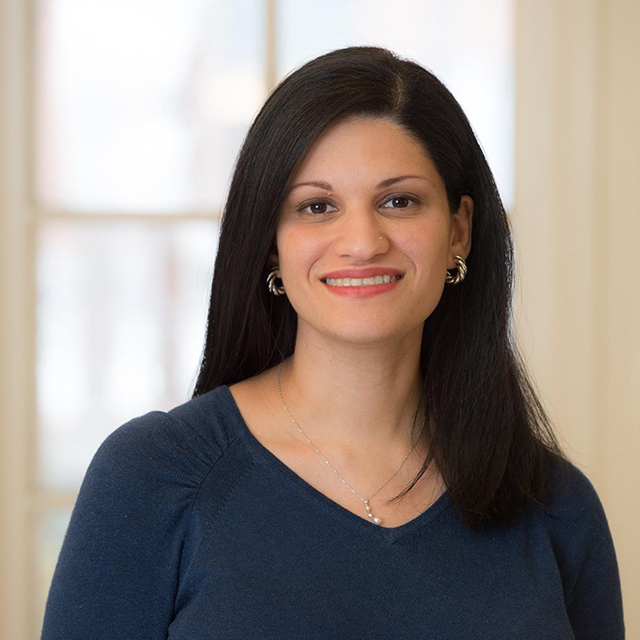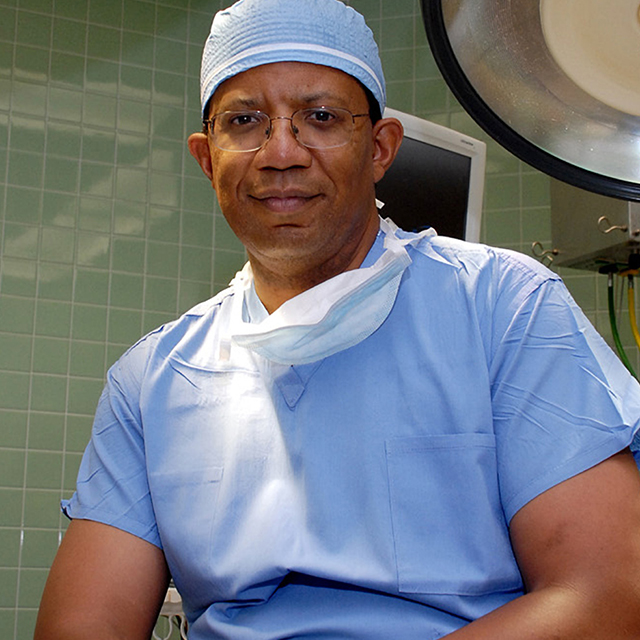Classical music has always been an important part of life for Robert I. Misbin ’71.
“My parents loved opera and my mother let me use her record collection,” he recalls. “I would play them on my own and, of course, being a child, I broke some of them. My parents put them back together with scotch tape. As the records went around on the turntable, I would hear the bump, bump, bump of the needle hitting the tape.”
Misbin — who spent two decades on the faculty of the University of Florida School of Medicine and 15 years with the U.S. Food and Drug Administration — continues his passion for music in his retirement. In 2020, his first libretto, Briscula the Magician, was performed by the Bel Cantanti Opera at the Randolph Road Theatre in Silver Spring, Maryland — the same year his book, Insulin History from an FDA Insider, was published. And last year, Misbin made a gift to Johns Hopkins’ Peabody Institute that allows the Institute’s Tuned-In program to bring string instruction to students in Baltimore City public schools.
Through the Misbin New Directions Ensemble, young string musicians who are in late elementary and middle school participate in weekly rehearsals and sectionals to work on music performance skills, improvisational skills and public speaking. Perhaps most important, though, will be the ensemble’s annual tour in which students will perform in city schools. The goal: to encourage other students to play string instruments, thereby beginning to rebuild a foundation of string music in Baltimore City.
“The impact goes beyond string playing and even beyond the music itself,” says Misbin, a longtime supporter of the Chicago Metamorphosis Orchestra Project, which is modeled after Tuned-In. “I think that there is real value in learning how to play an instrument, regardless of the kind of music you play and regardless of how good you are.”
Daniel Trahey — founder of the Tuned-In program, which provides a free Peabody Preparatory education to about 100 Baltimore City public school students each year —believes the ensemble will fill a vital role. “Our jazz band traditions and marching band traditions have stayed relatively strong in Baltimore City, but something happened to our storied string programs where youth lost access to string playing,” Trahey says. “This ensemble is designed to inspire other students. We want to show them that string music is hip, and that we should be doing this in Baltimore.”



